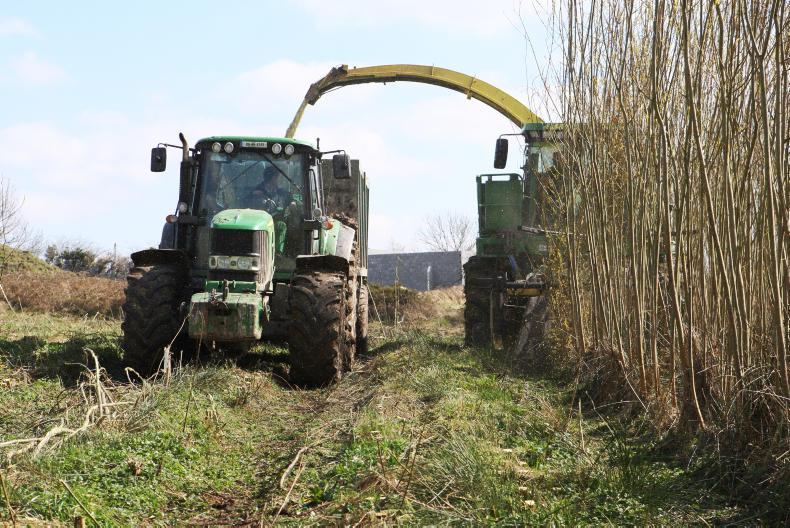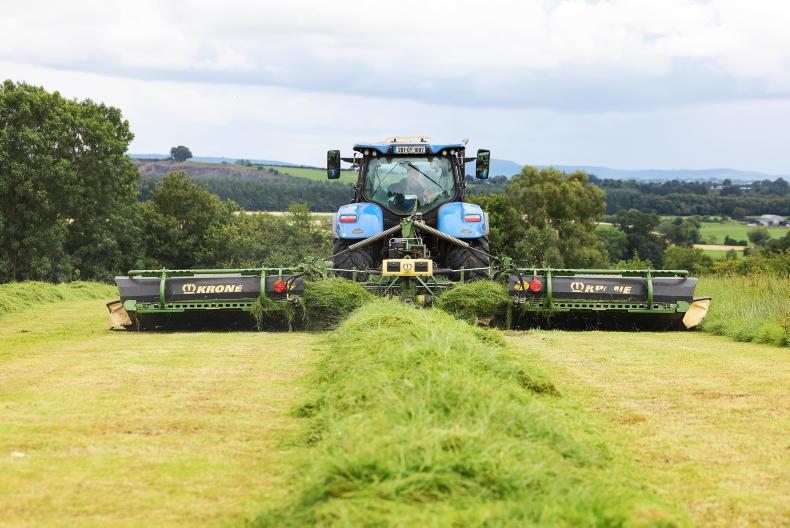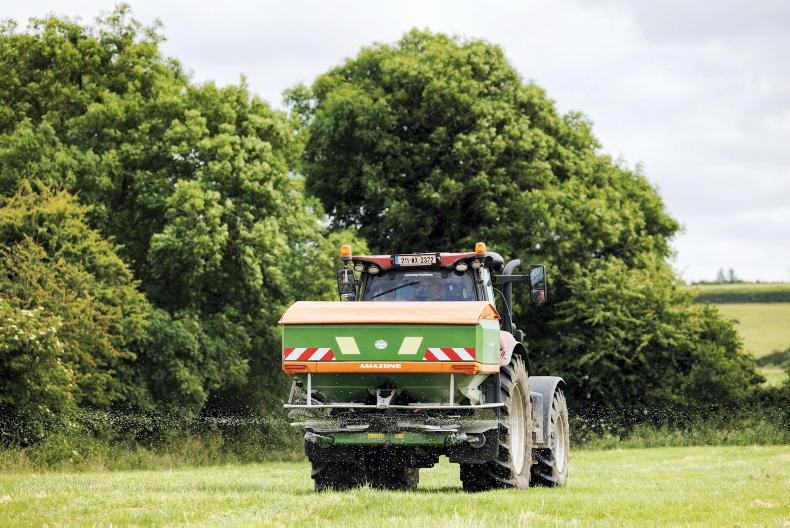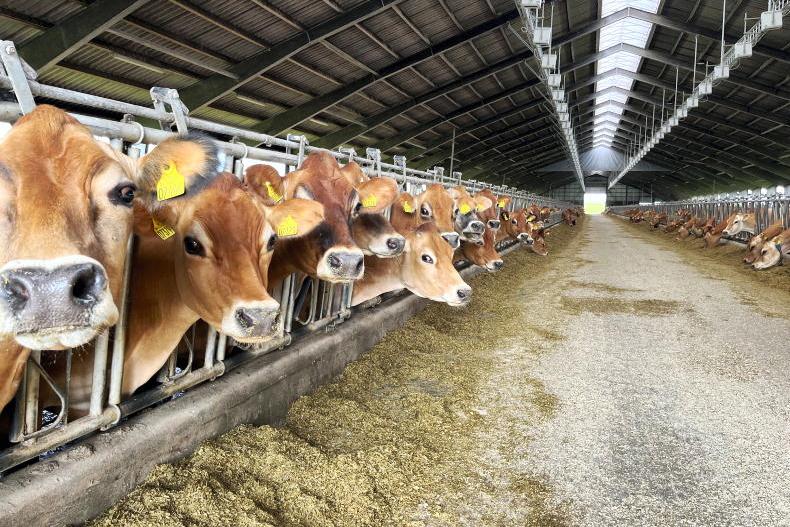With more reports of non-farming investors looking to buy up land in Britain to grow biomass and ultimately use it to offset carbon emissions from other industries, it is likely to be a new dynamic in the land market going forward.
Growing biomass such as trees and willow could also end up being an important future income stream for local farmers.
While many of us farm on land that has been passed down the generations, and has been grazed by either cattle or sheep, perhaps we also need to be open to the idea of using at least some of it for alternative use.
The same principles that mean NI is excellent at growing grass also apply when it comes to growing woody biomass.
The UK (and the EU) plan for net zero carbon emissions is heavily reliant on the development of carbon capture and storage technology.
The removed carbon is then taken by pipeline to porous rock deep underground
Biomass such as trees and willow capture carbon from the atmosphere. The theory is that harvested biomass is then taken to a modern power plant kitted out with the latest technology to remove carbon dioxide during the combustion process.
The removed carbon is then taken by pipeline to porous rock deep underground (the same places that used to have deposits of oil and gas) and put into long-term storage.
The other option is that you build facilities close to suitable geological storage sites (there are none in NI) that are able to take in carbon dioxide direct from the atmosphere. However, that remains potentially very expensive, and is yet to become operational reality.
But what is clear is that farmers are part of the solution to climate change. And if the right financial incentives are put in place, there is no reason why some land in NI cannot be used for biomass production.
Our land might have been grazed with cattle and sheep for generations, but ultimately a sustainable income for our families is what really matters.
Read more
Net zero target means 85% livestock cut
Opinion: It’s time to talk about the future of dairy farming
With more reports of non-farming investors looking to buy up land in Britain to grow biomass and ultimately use it to offset carbon emissions from other industries, it is likely to be a new dynamic in the land market going forward.
Growing biomass such as trees and willow could also end up being an important future income stream for local farmers.
While many of us farm on land that has been passed down the generations, and has been grazed by either cattle or sheep, perhaps we also need to be open to the idea of using at least some of it for alternative use.
The same principles that mean NI is excellent at growing grass also apply when it comes to growing woody biomass.
The UK (and the EU) plan for net zero carbon emissions is heavily reliant on the development of carbon capture and storage technology.
The removed carbon is then taken by pipeline to porous rock deep underground
Biomass such as trees and willow capture carbon from the atmosphere. The theory is that harvested biomass is then taken to a modern power plant kitted out with the latest technology to remove carbon dioxide during the combustion process.
The removed carbon is then taken by pipeline to porous rock deep underground (the same places that used to have deposits of oil and gas) and put into long-term storage.
The other option is that you build facilities close to suitable geological storage sites (there are none in NI) that are able to take in carbon dioxide direct from the atmosphere. However, that remains potentially very expensive, and is yet to become operational reality.
But what is clear is that farmers are part of the solution to climate change. And if the right financial incentives are put in place, there is no reason why some land in NI cannot be used for biomass production.
Our land might have been grazed with cattle and sheep for generations, but ultimately a sustainable income for our families is what really matters.
Read more
Net zero target means 85% livestock cut
Opinion: It’s time to talk about the future of dairy farming









SHARING OPTIONS